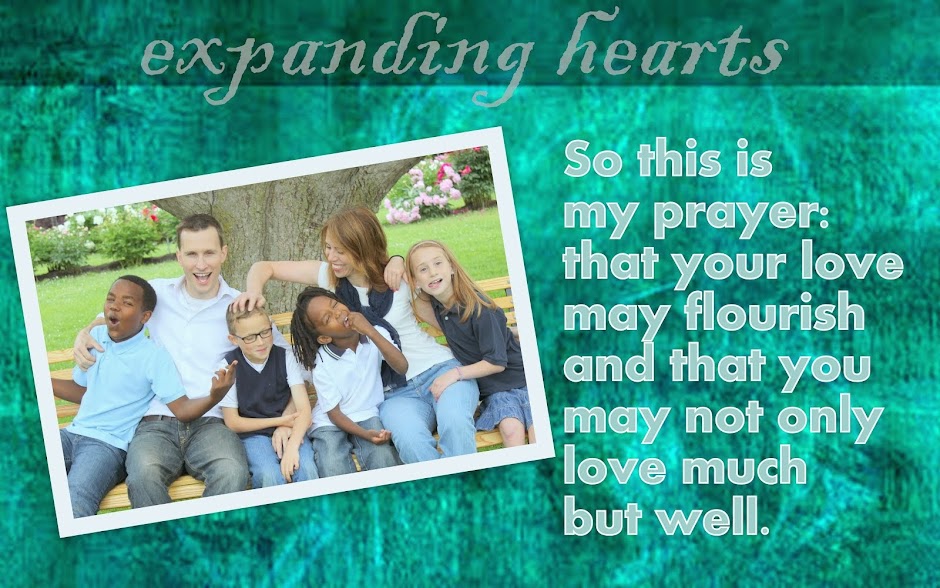In my opinion, the most moving story is that of Gilbert Bilizikian, a Professor Emeritus of Wheaton College. Bilizikian describes his childhood as a displaced Armenian Christian, his experiences living in France during WWII and serving with the French military, albeit reluctantly, in the Algerian War, and his exposure to Middle Eastern turmoil and the viewpoints of Palestinian refugees while teaching in Lebanon. He acknowledges that these life experiences have coalesced to make him “cautious about the easy acceptance of entitlements, responsibilities, and privilege that claim for justification the incidences of destiny such as birth, gender, class, color, or race” rather than the biblical expectations of “appropriate qualifications and spiritually derived abilities” (p. 85).
Other testimonies, such as those by Bonnie Zurhbacher, John G. Stackhouse, Jr., Ronald J. Sider, Stanley N. Gundry, and Bill and Lynne Hybels, provide considerable food for thought. Moreover, I appreciated the conclusion of John Ortberg:
I think many of us who are convinced of an egalitarian ideology still have aAs a Christian who has grown up in a branch of the evangelical church that has shown sensitivity to issues of women’s leadership (however imperfectly) and who has come to believe in equality as a Biblical ideal, I also still see areas of my life and thinking that do not quite line up with my ideological claims. This book was a helpful encouragement and clarification of these issues. While I am aware that this matter can be divisive among Christians, I think that the personal testimonies in this volume offer a unique perspective that can benefit all evangelicals.
ways to go in our thinking and behaving so that we’re actually living up to what
we say we believe. How often do I allow the “male prerogative,” which still so
often operates in churches and in culture in general, to cover up what is simply
laziness or selfishness on my part? How often do I claim to believe in equality,
but what I’m really angling for is my own advantage?
Happy Reading!

No comments:
Post a Comment